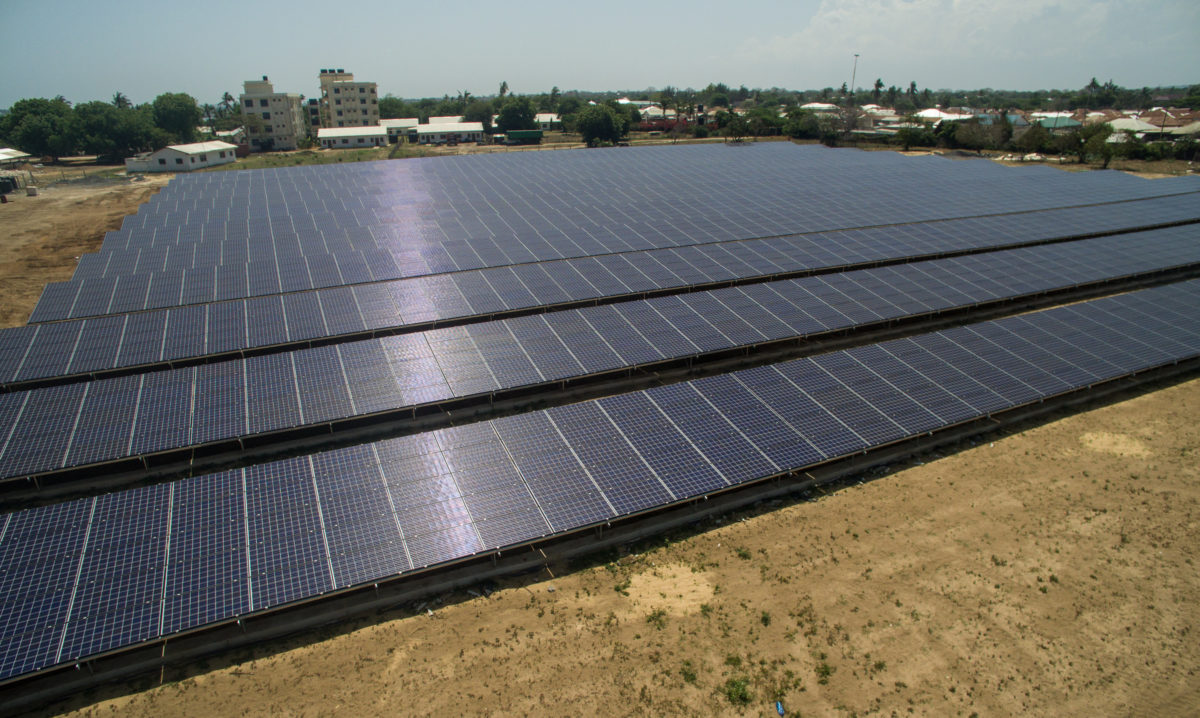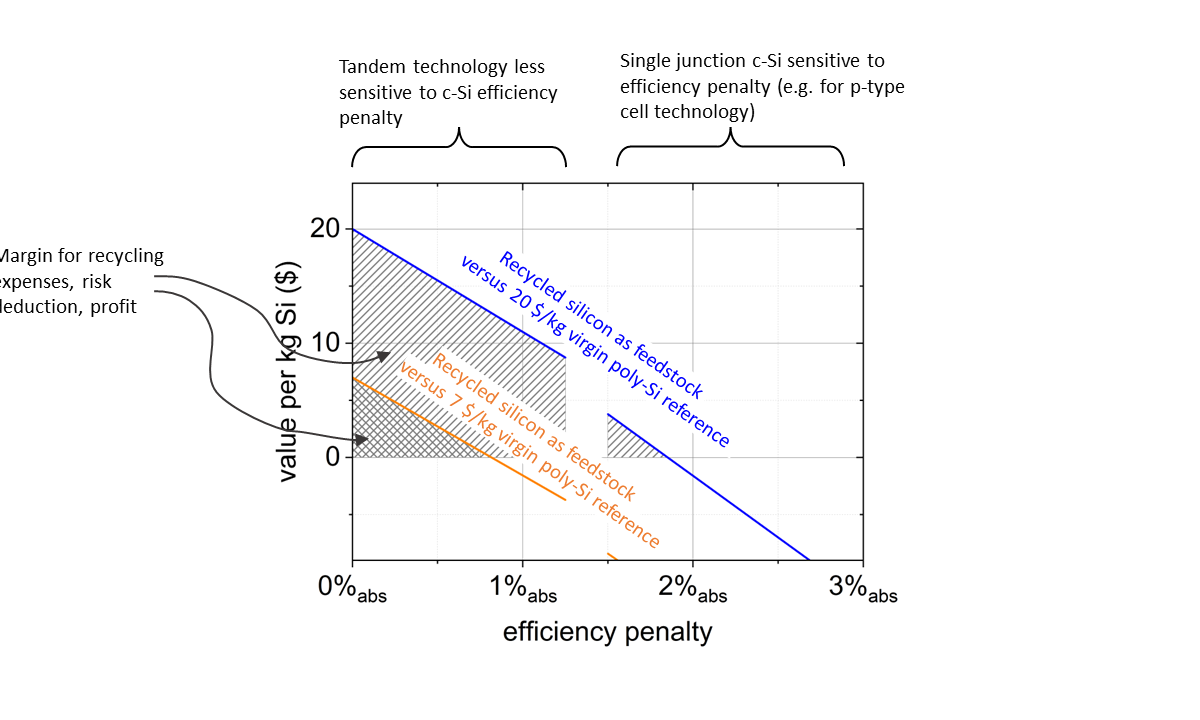African commercial, industrial (C&I) and residential PV developer SolarAfrica has completed what it claims to be Kenya's largest C&I solar system. The 991 kW solar-diesel hybrid system will replace 22% of the Krystalline Salt Limited's diesel consumption annually.
The SMA Fuel Save Controller system was deployed on the array.
The project accessed JCM financing, provided by the Japanese government, which is targeting at assisting Kenya reduce greenhouse gas emissions.
“I am very happy that the PV Hybrid System entered operation ahead of schedule and we can save 22% of our annual electricity costs in the future thanks to a 55% solar power share during daylight hours” said Deepak Patel, Managing Director of Krystalline Salt Limited, in a statement.
“Kaysalt has clearly set a new standard for industrial power users to follow,” said SolarAfrica's Commercial Director, Johan Pienaar. “It has been a privilege to play a part in Kaysalt achieving their sustainability goals, and by making use of the JCM grant, delivering the solar system at the required ROI.”
As grid capacity in many parts of Africa may not be sufficiently robust to handle large volumes of on-grid PV, off or edge-of-grid solutions are particularly attractive. With falling costs, distributed arrays aimed at diesel replacement or supplementation is becoming increasingly competitive.
Christoph Ehlers, Chief Operating Officer of ACWA Power's renewables division, told attendees at the 2016 Africa New Energy conference that offgrid applications are growing in appeal. “In the next couple of years, the big opportunity is decentralized networks – it could be with PV, [or] with wind – in order to leapfrog the expensive, time-consuming build of the transmission system.”
In a recent survey, it was found that communities and businesses in Kenya who had access to solar power and microgrids were able to greatly reduce reliance on diesel generators and kerosene for lighting.
This content is protected by copyright and may not be reused. If you want to cooperate with us and would like to reuse some of our content, please contact: editors@pv-magazine.com.




By submitting this form you agree to pv magazine using your data for the purposes of publishing your comment.
Your personal data will only be disclosed or otherwise transmitted to third parties for the purposes of spam filtering or if this is necessary for technical maintenance of the website. Any other transfer to third parties will not take place unless this is justified on the basis of applicable data protection regulations or if pv magazine is legally obliged to do so.
You may revoke this consent at any time with effect for the future, in which case your personal data will be deleted immediately. Otherwise, your data will be deleted if pv magazine has processed your request or the purpose of data storage is fulfilled.
Further information on data privacy can be found in our Data Protection Policy.